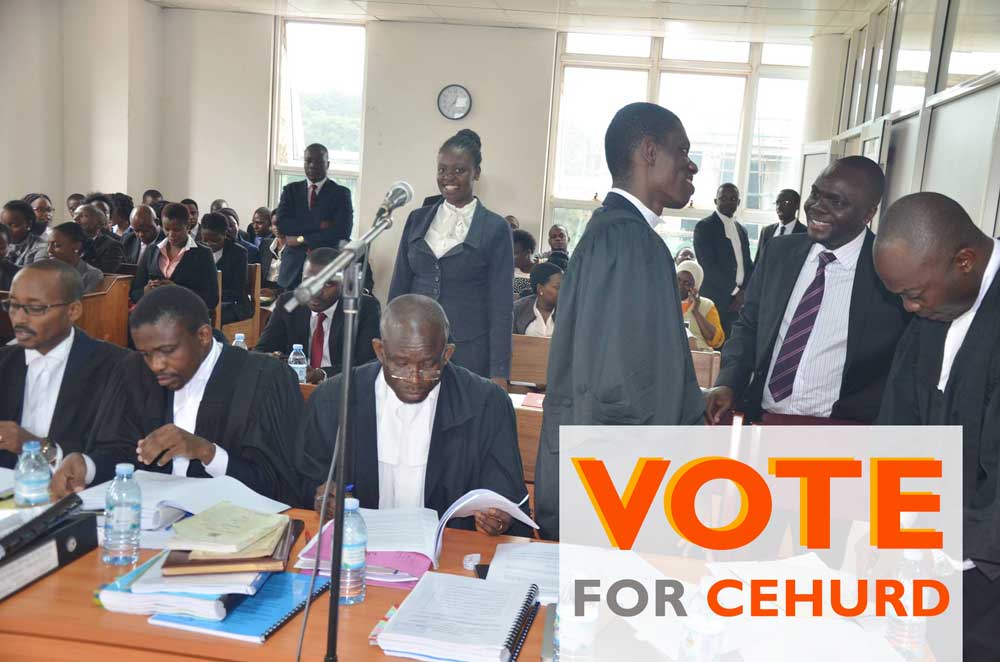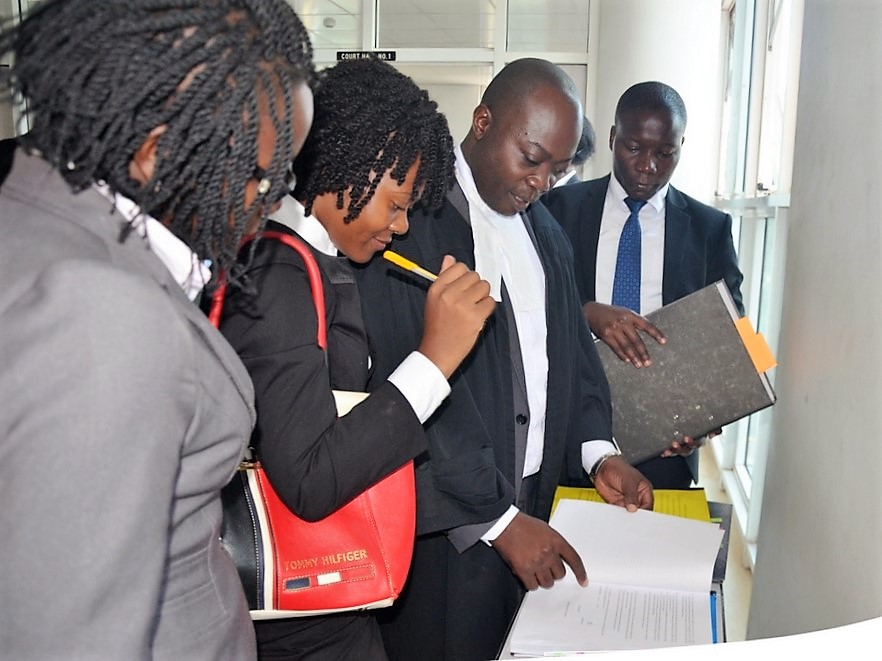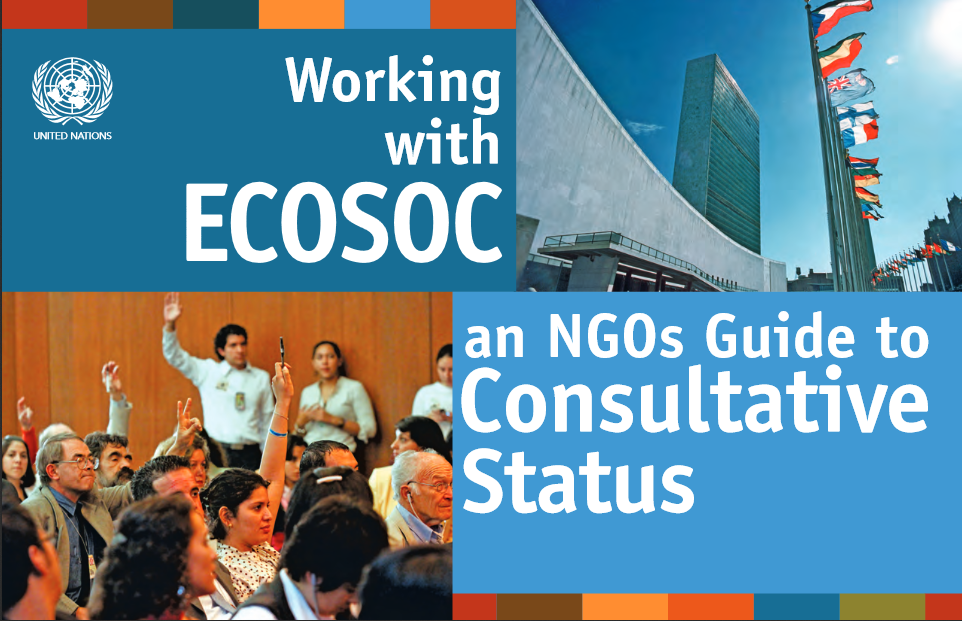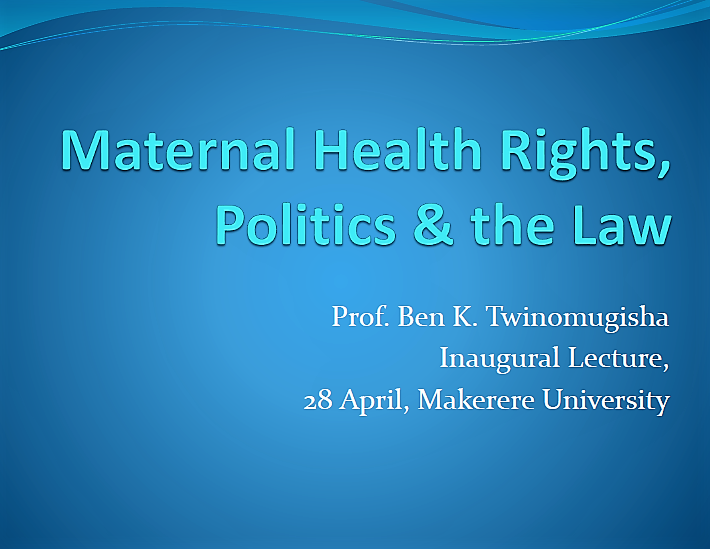The Center for Health, Human Rights and Development (CEHURD), Mubangizi Michael and Musimenta Jennifer Vs the Executive Director of Mulago National Referral Hospital and Attorney General of Uganda ( Civil Suit No 212 of 2013), “Mulago case” and Justice Lydia Mugambe’s judgement have been nominated for the Gender Justice Uncovered Awards.
CLICK HERE TO VOTE FOR CEHURD!
The case resulted from the failure of Mulago hospital to account for the whereabouts of the baby of Musimenta Jennifer who gave birth to twins at the hospital but was only given one baby. Later, the hospital gave her the body of a deceased baby whom after the DNA test was found not compatible with Mubangizi Michael and Musimenta Jennifer (parents of the lost baby).
In her judgement, Justice Lydia Mugambe ordered police to conclusively investigate the disappearance of the baby, the midwife who handled the baby at birth be held accountable, for Mulago hospital to take steps to ensure and enhance the respect, movement and safety of babies in the facility, dead or alive. The 1st Defendant was also ordered to make written reports every four months regarding steps taken.
The ruling also stated that the 1st Plaintiff shall have free access to the hospital to oversee implementation measures, 1st Plaintiff shall also ensure that the 2nd and 3rd Plaintiffs access psychosocial care, and lastly the 2nd and 3rd Plaintiffs were awarded a cost of Ugx 85,000,000/=.
The Gender Justice Uncovered Awards is an initiative by Women’s Link Worldwide to award decisions or statements which mainstream gender relations in the various aspects of life including the right to health.
You are invited to vote for the case each day between now and May 31st 2017. Vote here: http://www.womenslinkworldwide.org/en/awards/cases/missing-baby.





